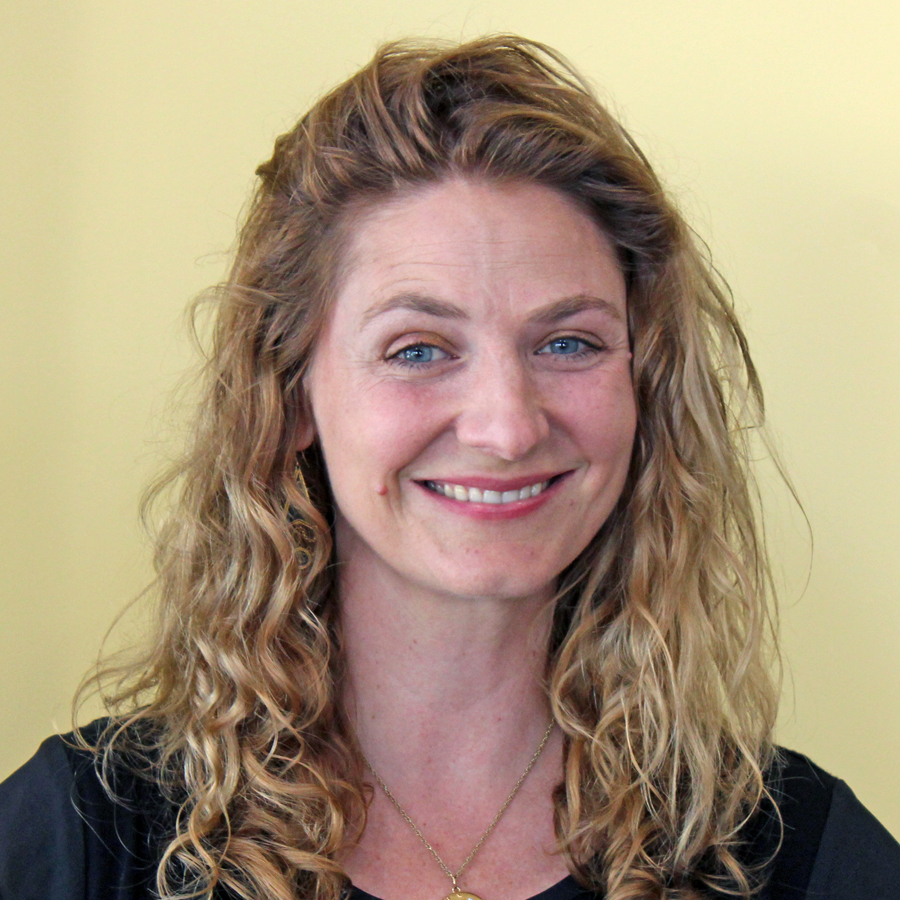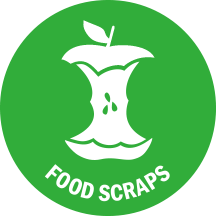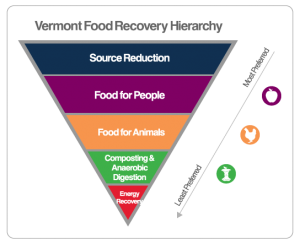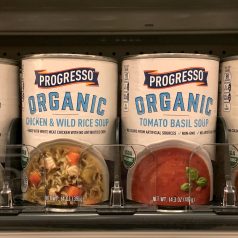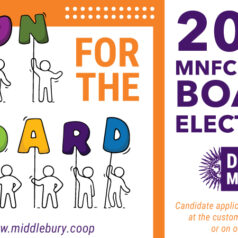
Just Two Weeks Left To Submit YOUR Application for the Co-op Board!
Do YOU love your Co-op? Why not run for the Co-op’s Board of Directors? Board members are elected by our membership and play a very special role in steering our future. But, don’t take our word for it, listen to what a current Board member has to say about serving on the Board:
Consider Being a Board Member…
Election season for the Board of Directors is upon us! I am frequently asked why I choose to be a member of the Co-op board. We are all familiar with the refrain “voting with your dollars” as a shared value of conscious consumers. I choose to spend my money at the Co-op because I believe in this slogan. And, I choose to be a member of the Board of Directors because I similarly believe in the concept of “voting with your time.” Being a member of the board allows me to “spend” my time committing to democracy.
Wendell Berry writes: “No matter how much one may love the world as a whole, one can live fully in it only by living responsibly in some small part of it.” In these unsettled times, participating in the democratic leadership of a cooperatively owned, local business allows me to practice living responsibly in my small part of the world. Our Co-op may seem like a small fish in the big pond of the globe—whether we buy organic, fair trade chocolate chips at the Co-op, or conventional chocolate chips from Amazon may seem dolefully inconsequential in the face of the massive social-justice issues our world faces. Participating in the democratic ownership of the Co-op, however, allows me to devote my dollars, time, and energy (the only resources I am fully in control of) to the pursuit of an alternative to our global status quo.
During our election season, I urge you to remember Wendell Berry’s concept. Your decisions and interest matter – whether you are considering running for a spot on the board, or reading up on board candidates to vote in May. Our Co-op may be small, but participating in the democratic process of our board elections allows us to practice living responsibly in our small part of the world, and thereby living fully in the world as a whole.
Board Recruiting Packets with details on the process of becoming and serving as a board member are available on the website here. Applications are due March 15, 2021. If you have any questions about running for or serving on the board, please reach out to board@middleburycoop.com.
Amanda Warren is a Middlebury Natural Foods Co-op Board Member







